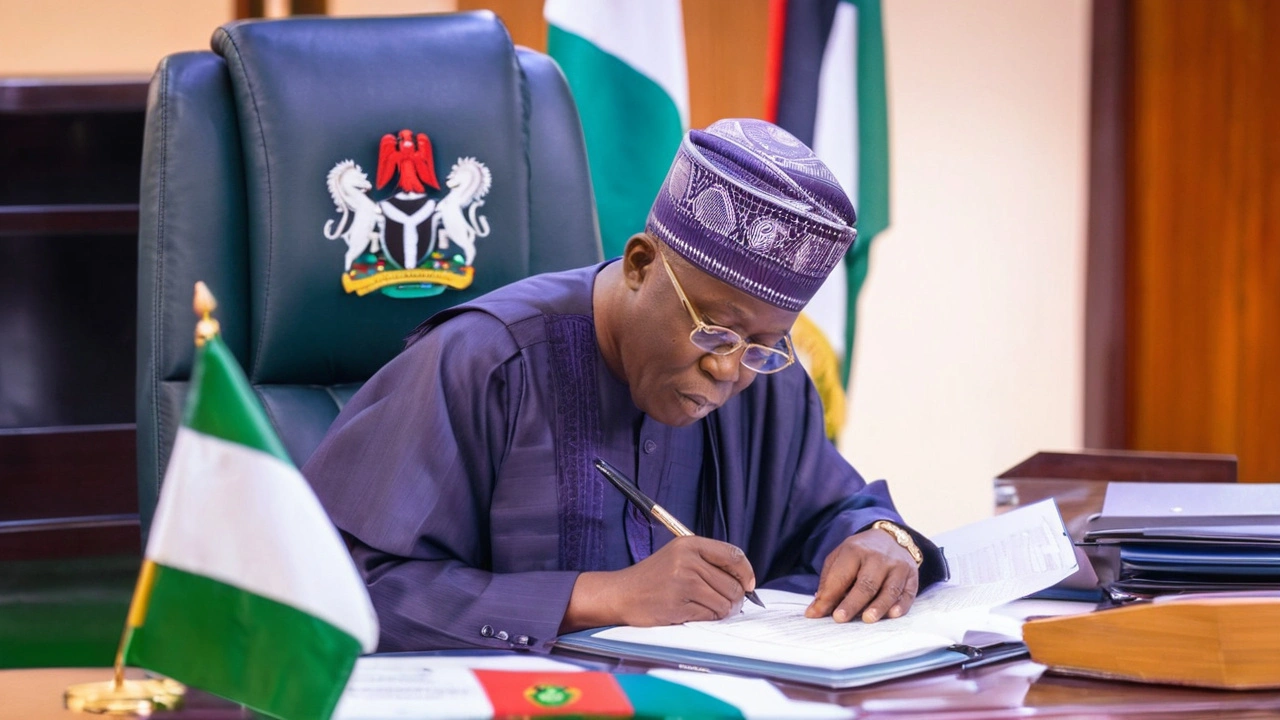If you’re following Nigerian politics, President Bola Tinubu’s actions have been making headlines lately. From calls by groups like Womanifesto urging his intervention in sensitive Senate decisions to demands for addressing past political crimes, Tinubu remains a key figure shaping the country’s political landscape.
One hot topic is the Nigerian Senate’s suspension of Senator Natasha Akpoti-Uduaghan. Womanifesto slammed the suspension as unfair and biased, warning it hurts women’s representation in politics. They want President Tinubu to step in for a fair resolution and ensure politics become more inclusive.
Another critical issue linked to Tinubu is the push by the Civil Rights and Human Rights (CDHR) group to prosecute former military ruler Ibrahim Babangida for the infamous 1993 election annulment. Babangida’s memoirs stirred controversy, and CDHR urges President Tinubu to address what they call crimes against democracy and humanity.
These developments highlight the tough balancing act Tinubu faces—managing present challenges while addressing Nigeria’s complicated political history. His decisions here might impact how citizens view justice and fairness in governance.
President Tinubu’s involvement in these cases signals a potential shift towards more active presidential governance, especially on issues affecting legislative fairness and historical accountability. If he chooses to engage deeply, it could help mend political tensions and push for a more transparent future.
For anyone tracking Nigeria’s political direction, watching how Tinubu handles these controversies gives insight into the country's path forward. Whether it’s supporting fair political treatment or addressing unresolved past wounds, his presidency is at a pivotal point.
Stay tuned here for more updates and in-depth coverage on President Tinubu’s role in shaping Nigeria’s political scene.
